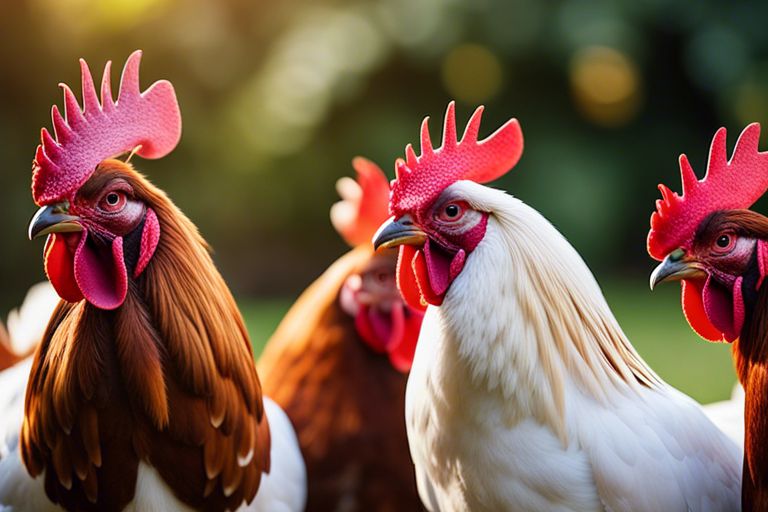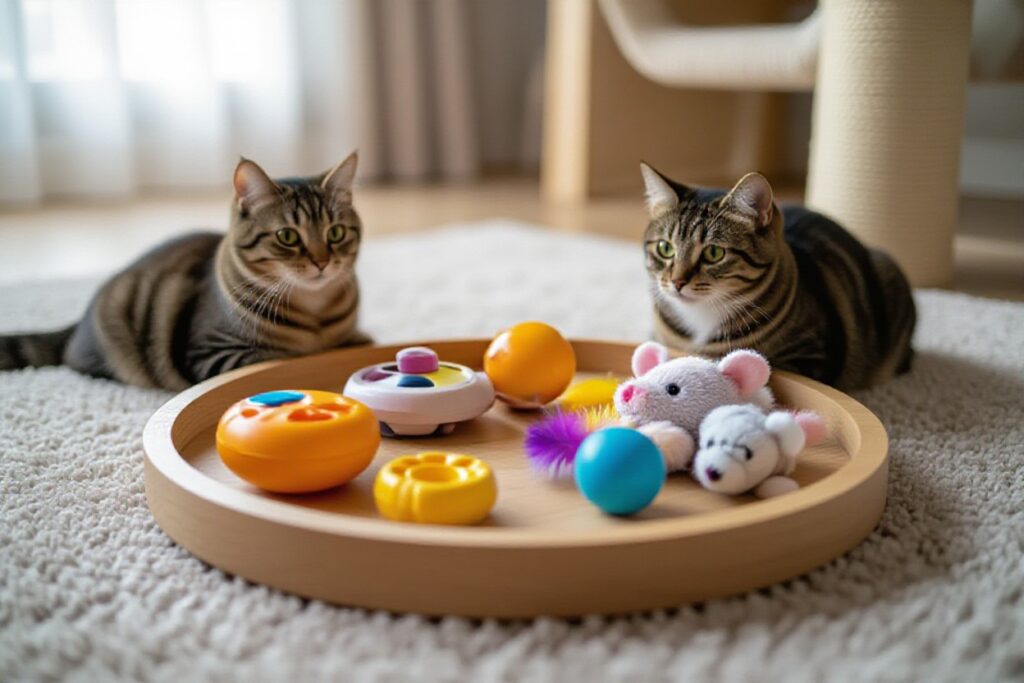Most successful rooster flocks are composed of a carefully selected mix of breeds that complement each other in terms of temperament, appearance, and productivity. Just like choosing the right breeds for a hen flock is crucial for egg production and overall harmony, selecting the appropriate breeds for your rooster flock is equally important. Understanding the unique characteristics and traits of different rooster breeds will help you create a well-balanced and thriving flock that meets your specific needs and preferences. In this guide, we will explore key factors to consider when choosing breeds for your rooster flock to ensure a successful and enjoyable poultry-raising experience.
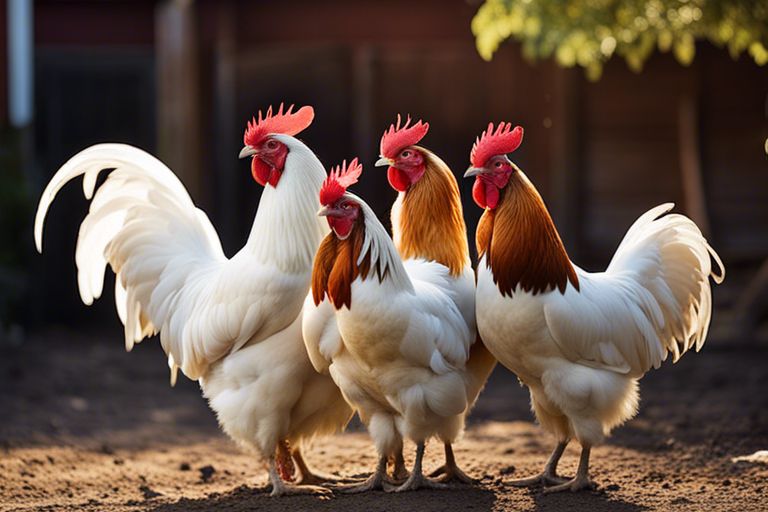
Understanding Rooster Behavior and Compatibility
Rooster Personality Traits
A rooster’s personality can vary widely depending on the breed, individual temperament, and socialization. Some roosters are calm and docile, while others may be more aggressive and dominant. It’s vital to observe your roosters’ behavior to understand their personality traits and determine compatibility within your flock.
Breed Compatibility and Social Dynamics
Understanding the dynamics within a rooster flock is crucial for maintaining harmony and reducing aggression. Different breeds may have varying levels of territorial behavior or pecking order dominance. When introducing new roosters to an existing flock, consider the temperament and hierarchy already established. Mixing aggressive breeds with more docile ones can lead to conflicts and disruptions in the flock’s social structure.
For instance, some breeds, such as Ameraucanas or Orpingtons, are known for their friendly and calm demeanor, making them more suitable for mixed flocks. On the other hand, breeds like Gamefowl or Old English Game have a reputation for being more assertive and territorial, which may lead to clashes with other roosters.
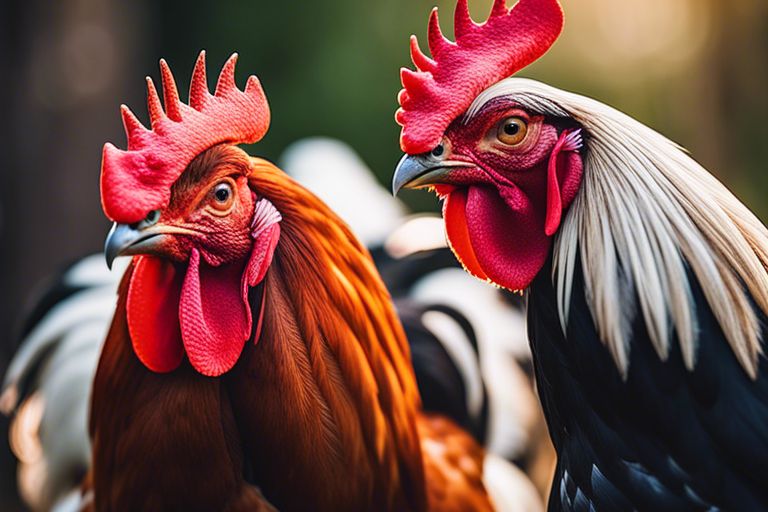
Popular Breeds for Diverse Flock Objectives
Egg Production Breeds
On the hunt for hens that will provide you with a bountiful supply of eggs? Look no further than egg production breeds. These breeds are known for their ability to consistently lay large quantities of eggs, making them a popular choice for those looking to stock up on fresh eggs.
Meat Production Breeds
Breeds specifically bred for meat production are a solid choice if your primary goal is to raise roosters for meat. These breeds are typically larger, plumper, and have been developed to grow quickly, resulting in juicy and flavorful meat for your table.
A variety of breeds fall under the meat production category, each with its own unique characteristics. Some popular choices include Cornish Cross, Freedom Ranger, and Jersey Giant. These breeds are known for their efficient meat production and delicious flavor, making them a favorite among poultry enthusiasts.
Dual-Purpose Breeds
Breeds that are classified as dual-purpose are the Swiss Army knife of the rooster world. These versatile breeds are prized for their ability to excel in both egg production and meat quality, making them an ideal choice for those looking for a well-rounded flock.
It’s important to note that while dual-purpose breeds may not lay as many eggs as specialized egg production breeds or grow as quickly as meat production breeds, they offer a good balance for those looking to combine both egg and meat production in their flock.
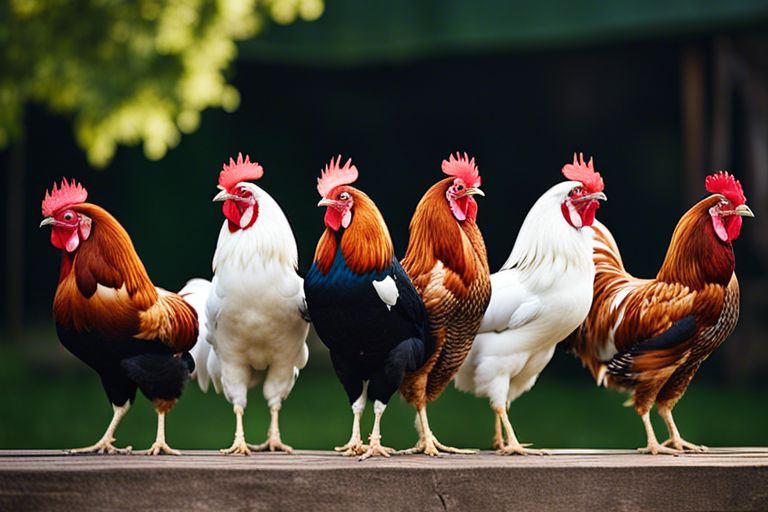
Health and Welfare Considerations
Disease Resistance in Different Breeds
Your rooster flock’s health is crucial for their well-being and productivity. When selecting breeds for your flock, consider their disease resistance capabilities. Some breeds are naturally more resilient to common poultry diseases, while others may require more intensive care and management to prevent illness. Be sure to research and choose breeds that are known for their robust immune systems to maintain a healthy flock.
Space and Habitat Requirements
Health and welfare considerations for your rooster flock also include providing adequate space and habitat. Different breeds have varying space requirements based on their size, activity levels, and temperament. Ensure that your roosters have sufficient space to move around, roost, and forage comfortably. This will help prevent stress, aggression, and potential health issues related to overcrowding or inadequate living conditions.
Understanding the specific needs of each breed in terms of space and habitat requirements is vital for creating a suitable environment for your rooster flock. Consider factors such as coop size, outdoor run space, and access to fresh air and sunlight. Providing a well-designed and spacious living area will not only promote the health and welfare of your roosters but also contribute to their overall happiness and quality of life.
Breeding and Genetic Preservation
Techniques for Responsible Breeding
For rooster keepers looking to responsibly breed their flock, it is crucial to understand the basics of genetics and how traits are passed down from one generation to the next. Selective breeding, maintaining detailed records of lineage, and understanding the principles of genetic diversity are key components when it comes to producing healthy and vigorous offspring.
Preserving Heritage and Rare Breeds
Responsible rooster enthusiasts play a vital role in preserving heritage and rare breeds from the brink of extinction. By actively seeking out purebred specimens and participating in breeding programs that focus on maintaining breed standards, you can help ensure the genetic diversity and survival of these unique breeds for future generations to appreciate.
With careful attention to breed standards, it is possible to create a sustainable breeding program that not only enhances the overall health and vitality of your flock but also contributes to the conservation of these special rooster breeds. By prioritizing genetic preservation, you are actively participating in the legacy of these remarkable birds and helping to secure their future in the world of poultry keeping.
FAQ
Q: Why is it important to choose the right breeds for your rooster flock?
A: Choosing the right breeds for your rooster flock is important because each breed has unique characteristics that can impact the overall health, productivity, and temperament of your flock.
Q: What factors should be considered when selecting breeds for a rooster flock?
A: When dicking out breeds for a rooster flock, consider factors such as climate compatibility, egg-laying abilities, temperament, and purpose (meat production, egg production, ornamental, or dual-purpose).
Q: How can I determine which breed is best suited for my rooster flock?
A: Research different breeds, consult with experienced poultry keepers, and assess your own needs and preferences to determine which breed is best suited for your rooster flock.
Q: What are some popular rooster breeds for backyard flocks?
A: Popular rooster breeds for backyard flocks include Rhode Island Red, Barred Plymouth Rock, Australorp, Orpington, and Wyandotte, among others.
Q: How many roosters should I have in my flock?
A: The ideal ratio of roosters to hens in a flock is generally 1 rooster for every 8-10 hens to prevent over-breeding and aggression among roosters.
Q: How can I introduce new roosters to an existing flock?
A: Introduce new roosters to an existing flock gradually, preferably in a separate enclosure within sight of the existing flock to allow them to acclimate to each other before full integration.
Q: What should I consider when managing multiple roosters in a flock?
A: When managing multiple roosters in a flock, provide enough space, food, and water to prevent competition and aggression. Monitor the roosters’ behavior regularly and be prepared to separate them if necessary to maintain harmony in the flock.
